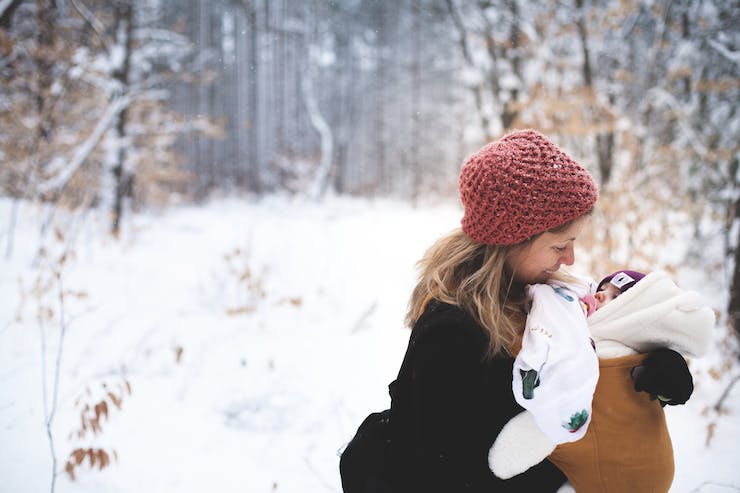
Image courtesy of Pexels
Looks like it’s going to be a long winter! The snow is coming down heavily across most of the country, and it’s an important time to prepare yourself for driving on snow and ice. Follow these tips to keep yourself safe when the roads are bad.
Talk to your host family.
Before you drive in winter weather or snow, talk to your host parents. Every car and climate is different, so you’ll need to ask them about your specific situation. If you’re not yet comfortable driving in snow, let your host parents know and ask them to teach you what to do. They’ll be happy to see you prioritizing safety and communication!
Your Local Coordinator will also be glad to help. Don’t hesitate to reach out to them for their advice and support.
Slow down!
Driving too fast is the easiest way to lose control of your car in winter weather. In normal conditions, you should have a distance of three seconds between you and the car in front of you. In the winter, you should increase that distance to a full eight to 10 seconds. Yes, that does mean you have to give yourself extra time to get around, but you and your host family will be a lot safer for it.
Know how to skid.
Ice and snow can cause your vehicle to slide and skid, even if you’re driving safely. If you start to skid, always remain calm and follow these steps:
- Do not panic and do not use your brakes.
- Take your foot off the accelerator- this can stop the car from skidding.
- Turn the wheel into the skid, meaning turn the wheel in the direction the car is now moving.
- Wait for the car to slow down to regain control.
Increase the visibility of your car.
Always clear all snow off of your car so that others can see you – that includes the roof! Keep a large broom in the trunk of your car to easily remove large amounts of snow. Turn on both front and rear defrosters to soften the ice before scraping the windows completely clear. Also, check your tailpipe to make sure it’s snow-free.
Leave the car off in the garage.
Warming up your car in a garage causes carbon monoxide to build up. Carbon monoxide is very dangerous, especially because you can’t see it or smell it. This means you should never warm up your car in an enclosed space.
Pack a safety kit.
Your car should have a safety kit in it, no matter what time of year it is. Some items to include are jumper cables, a flashlight, water, food, snacks, and a phone charger. In the winter, make sure you have a snow scraper and blankets too.
The key to a safe winter for au pairs and host families is driving slowly and carefully. Take your time and don’t be afraid to ask for help. We hope you have a wonderful winter season!
